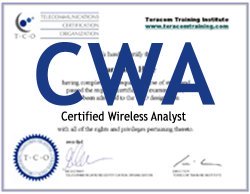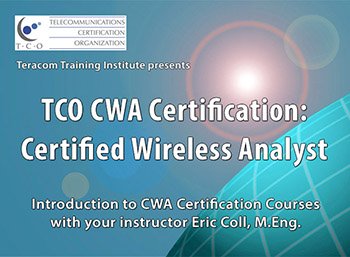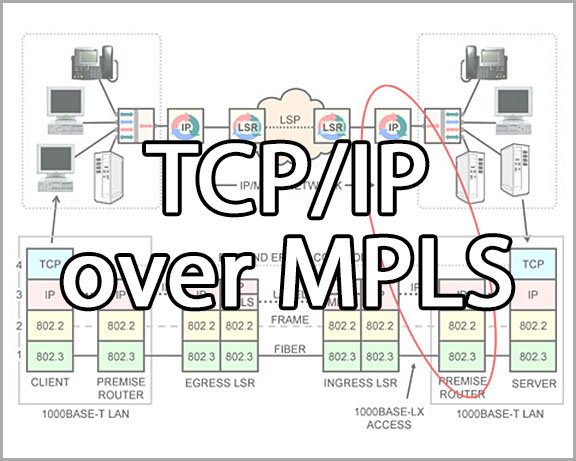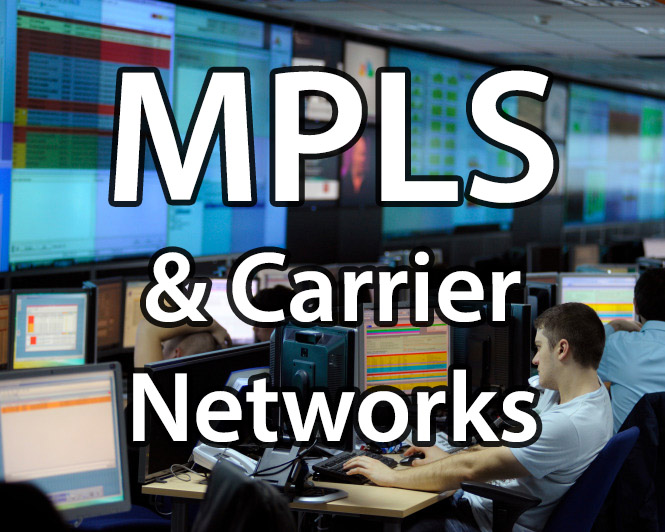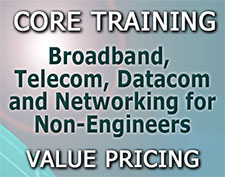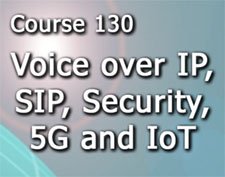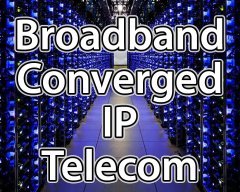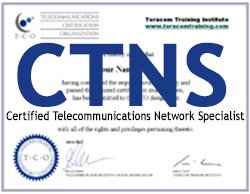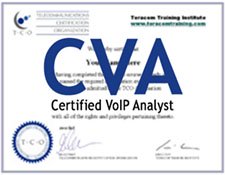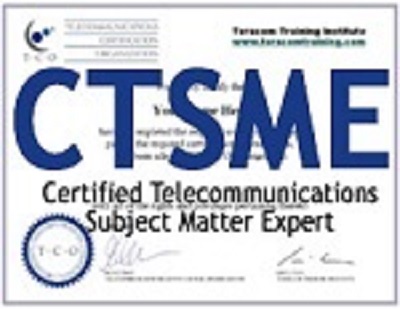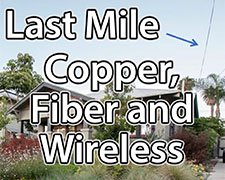The core knowledge needed in telecom today, with eight courses covering all major topics – plus TCO Certification to prove it!
The internationally-recognized TCO CTNS Certification is the core telecommunications network knowledge required by everyone serious in the telecom world today.
Bust the buzzwords, demystify the jargon, understand the fundamental concepts, technologies and standard practices … and most importantly, the underlying ideas, and how it all fits together.
The eight full-length courses in the CTNS Certification Package cover all major areas of telecom, datacom and networking.
You will start by getting up to speed on all major topics with the new 2021 course Introduction to Broadband Converged IP Telecom plus fully up-to-date courses on Cellular and Wi-Fi, VoIP and SIP, the PSTN, OSI Layers, LANs and Optical Ethernet, IP and MPLS.
For an individual, this knowledge and preparation makes you an ideal candidate to hire or promote to a task, as you will be able to build on your knowledge base to quickly get up to speed and work on a particular project – then have the versatility to work on subsequent projects.
For an employer, CTNS is an extremely cost-effective way of getting team members and new hires up to a common speed with a common vocabulary and reference. The myTeracom Learning Management System can generate team progress reports. A discount of 40% is available for 5 seats or more.
This investment will be repaid many times over in the future in terms of lowered buzzword frustration and higher accuracy and productivity. Get started today!
The coursework for CTNS is a set of eight high-quality online multimedia courses. The content outline for each course is below. Click on the course name or scroll down for detailed descriptions, what you will learn, and free lessons.
 Course 2241: Introduction to Broadband Converged IP Telecom
Course 2241: Introduction to Broadband Converged IP Telecom
• Specifically designed for non-engineers
• Introduction and first pass through all aspects of today’s telecom
• Convergence • Broadband • Network Core and Edge • Protocols
• Last Mile Copper, Fiber and Wireless • Network Equipment
• Residential, Business and Wholesale Services • Carrier Connections
Course 2206: Wireless Telecommunications
• Mobile network, radio and cellular fundamentals
• Phone calls and mobile Internet over cellular
• 4G LTE, OFDMA, 5G new spectrum, new applications
• Wi-Fi, Wi-Fi security, and satellite communications
Course 2221: Fundamentals of Voice over IP
• The Big Picture. VoIP Phones and Terminals
• Voice in IP Packets. Soft Switches / SIP Servers / Call Managers
• Media Servers, Gateways, LAN and WAN, SIP Trunking, Standards
• Where All of This is Headed: Broadband IP Dial Tone
Course 2201: The PSTN
• Required knowledge while there remains a large installed base
• Loops and trunks, analog, the voiceband
• LECs, CLECs and IXCs. POTS and SS7
Course 2212: OSI Layers and Protocol Stacks
• Protocols and standards. The OSI Model
• Layers: Layer 2 vs. Layer 3. Examples
• Protocol stacks. How protocol stacks work
Course 2211: LANs, VLANs, Wireless and Optical Ethernet
• LAN fundamentals. Ethernet and 802 standards
• MAC addresses and MAC frames
• LAN switches, broadcast domains and VLANs
• Ethernet on twisted pair (Cat 5e/6 cables), radio (Wi-Fi) and fiber (Optical Ethernet)
Course 2213: IP Networks, Routers and Addresses
• Packet network fundamentals. Routers
• IP packets and IP addresses
• Static & dynamic, public & private addresses
• Network Address Translation (NAT). IPv6.
Course 2214: MPLS and Carrier Networks
• Carrier network basics. Customer Edge (CE) device
• Service Level Agreements and CoS
• MPLS for traffic management, VPNs, integrated access
• MPLS Services vs. Internet service
Invest in yourself with the CTNS Certification Package!
Eight CTNS courses plus TCO Certification, giving you a solid foundation in telecom, datacom and networking, from modern IP telecom, wireless, VoIP and PSTN to Ethernet, IP networking and MPLS.
Plus, get your Telecommunications Certification Organization (TCO) Certified Telecommunications Network Specialist (CTNS) Certification to prove it!
Upgrade your skills – and your résumé – with this training and certification today!
The CTNS Certification Package Unlimited Plan includes the eight CTNS Courses and CTNS Certification Exam, both with unlimited repeats – which means guaranteed to pass if you’re willing to do the work, and refresh your knowledge anytime.
Optional printed or eBook study guide available.
